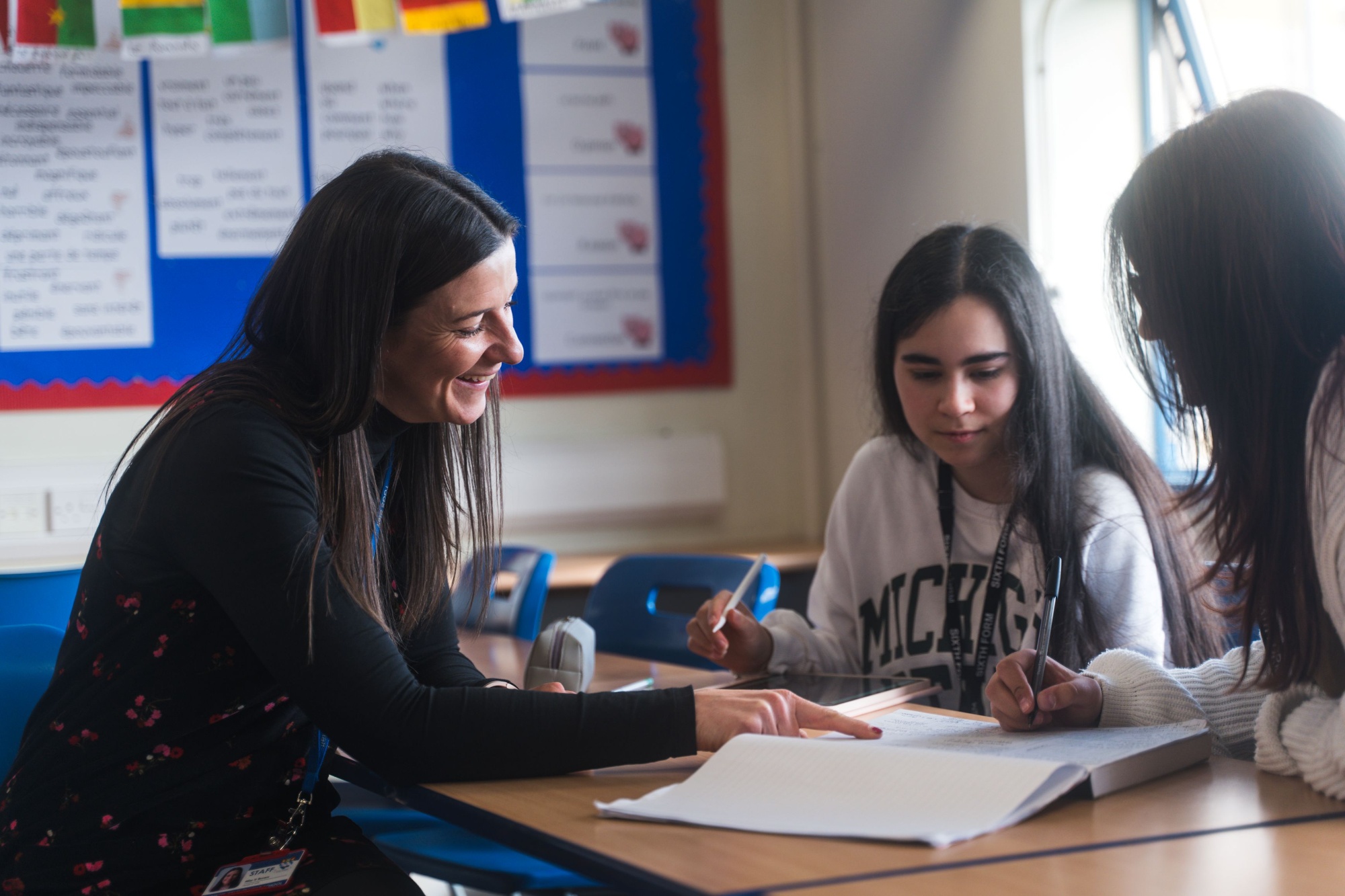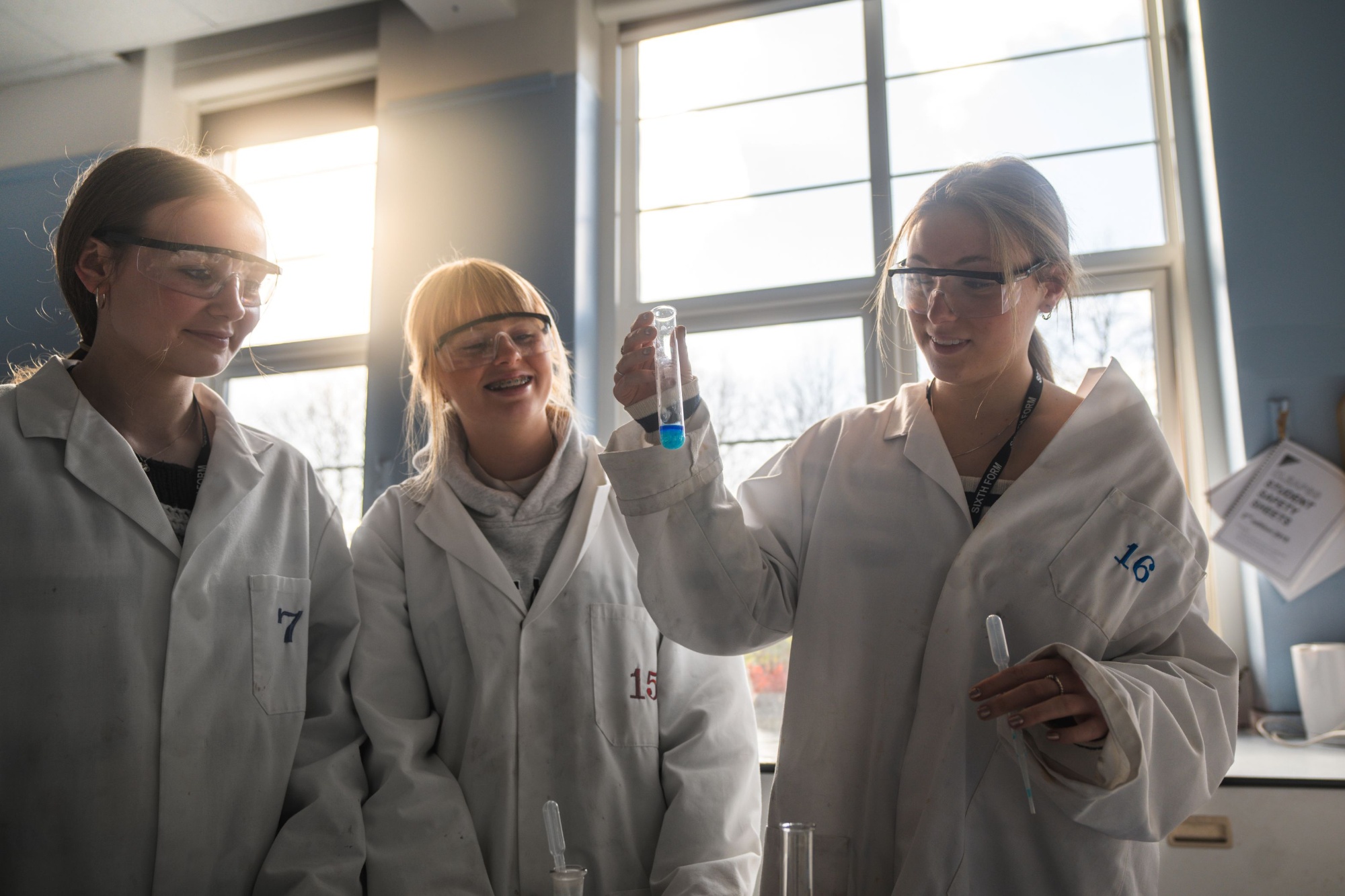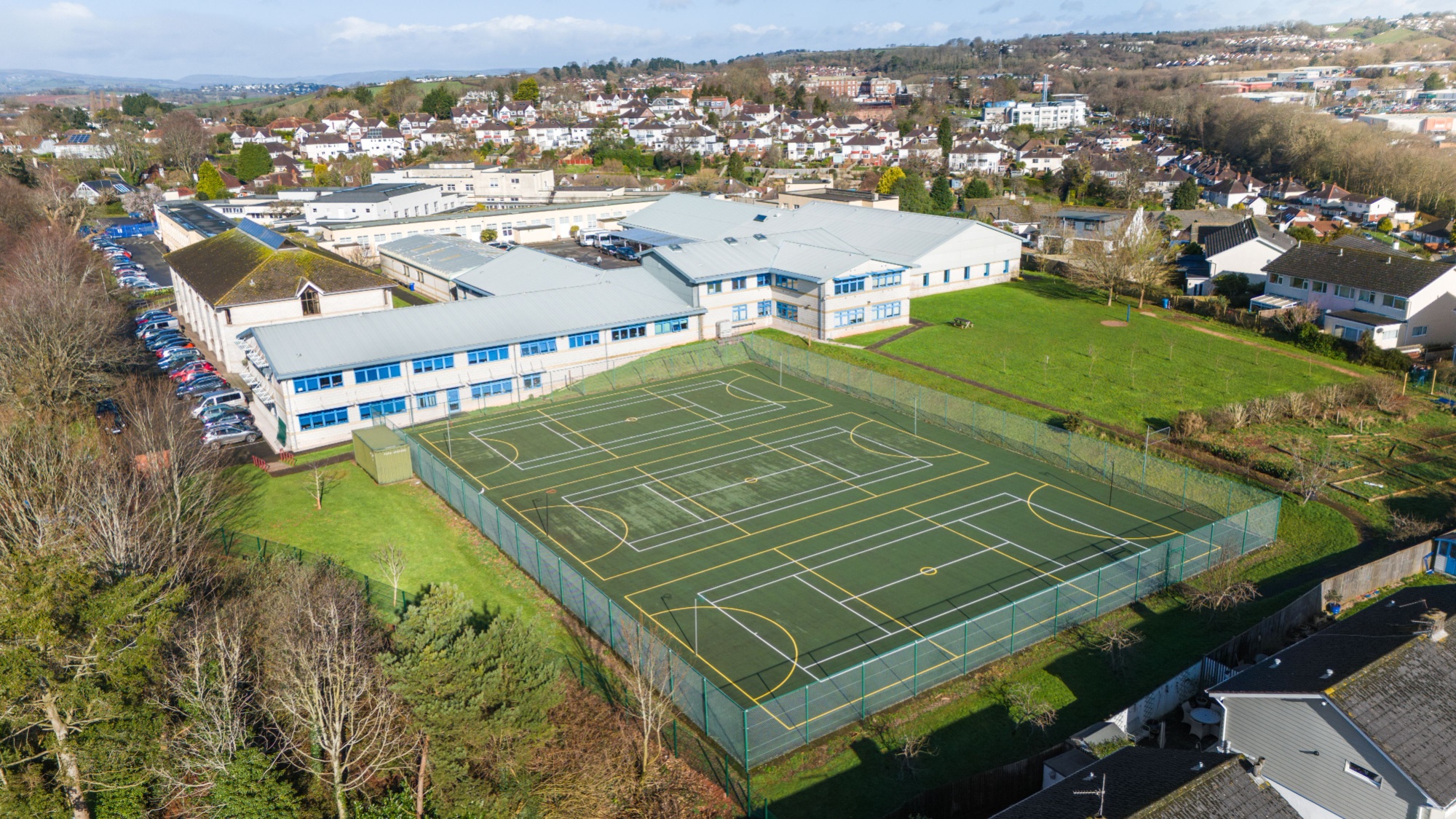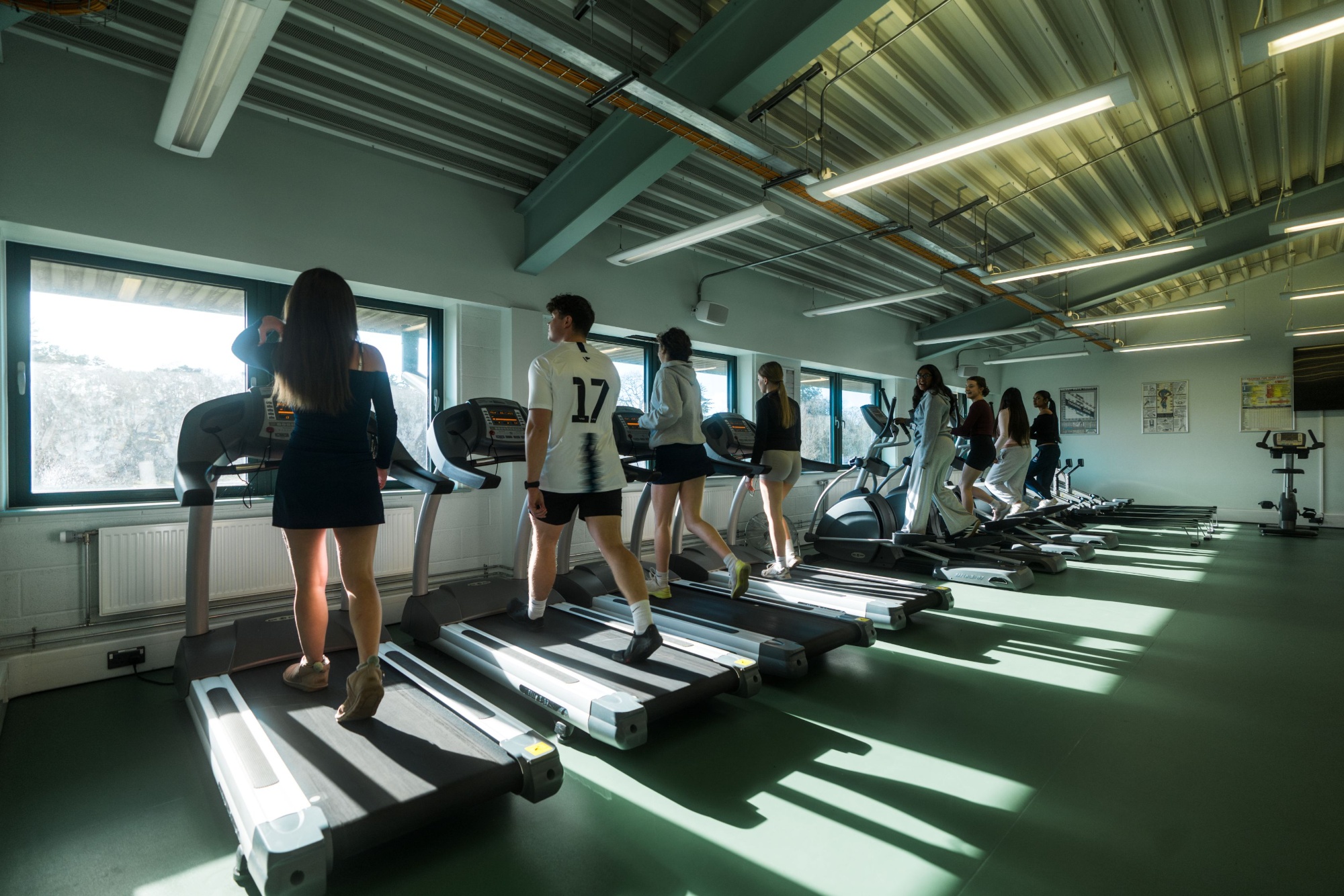“I find it really interesting learning about events and periods of time that have shaped societies today. The passion that the teachers have for their subject has furthered my enjoyment of history”
TGGS Student
Curriculum Intent:
We aim to educate all our students in such a way that they develop a passion for History during their 7 years at Torquay Girls Grammar and become well rounded Historians. Our aim is to make a curriculum that is accessible to all and promote inclusivity. We will do this by studying aspects of British, European and World History. This will enable students to better understand the world in which they live.
We teach the National Curriculum, supported by a clear skills and knowledge progression. All of the courses that we have chosen in our Scheme of Work for all Key Stages, logically follow on from each other, building upon prior knowledge / historical chronology and historical skills to maximise learning for all students. As an essential part of developing as Historians, we teach students how to critically analyse and evaluate both primary source material and historical interpretations and subsequently to make support judgements on the validity of these sources. Students are taught how to structure pieces of extended writing, and formulate their ideas in a clear, logical and coherent manner, making and supporting analytical judgements. We encourage students in their wider reading and developing research skills to prepare them for their next educational step.
As well as this, each topic focuses on the following second order historical concepts: Change and Continuity, Causation, Significance, Consequence, Similarity and Difference.
As a Girls school, we aim to teach in all year groups, the changing role of women in both politics and society throughout History. We raise awareness of Core British Values through studying different faiths, gender history, prejudice, culture and BLM movement. It is also important that students have a clear understanding of their local history and how this has impacted upon the wider historical context.
At A level we follow the AQA specification, with units on The Tudors; England 1485-1603, Revolution and Dictatorship; Russia 1917 – 53 and a coursework unit on Modern Britain 1903 - 2007. A Level classes have two teachers, one for each side of the course.
Unit 1C Tudors 1485- 1603
This option allows students to study in breadth issues of change, continuity, cause and consequence in this period through the following key questions:
- How effectively did the Tudors restore and develop the powers of the monarchy?
- In what ways and how effectively was England governed during this period?
- How did relations with foreign powers change and how was the succession secured?
- How did English society and economy change and with what effects?
- How far did intellectual and religious ideas change and develop and with what effects?
- How important was the role of key individuals and groups and how were they affected by developments?
UNIT 2 Russia 1917-53
- This option provides for the study in depth of the coming and practice of communism in Russia. It explores concepts such as Marxism, communism, Leninism, and Stalinism, ideological control and dictatorship. It also enables students to consider issues of political authority, the power of individuals and the inter-relationship of governmental and economic and social change
What is assessed?
Unit 1
- written exam: 2 hours 30 minutes
- three questions (one compulsory)
- 80 marks
- 40% of A-level
- Section A – one compulsory question linked to historical interpretations (30 marks)
- Section B – two from three essays (2 x 25 marks)
Unit 2
- written exam: 2 hours 30 minutes
- three questions (one compulsory)
- 80 marks
- 40% of A-level
- Section A – one compulsory question linked to primary sources or sources contemporary to the period (30 marks)
- Section B – two from three essays (2 x 25 marks)
UNIT 3 NEA (coursework)
A personal study based on a topic of student's choice. This should take the form of a question in the context of approximately 100 years.
- 3500–4500 words
- 40 marks
- 20% of A-level
- marked by teachers
- moderated by AQA
Lessons are in the form of lectures, seminars, active-learning, student presentations. All of the lesson resources can also be found on Teams and / or Sharepoint. The department is well resourced with books on all 3 topic areas and there is also a History section in the sixth form area of the library. We encourage students to read widely around the subject.
Students are offered lunchtime support and one-to-one help when required, as well as revision sessions in advance of the examinations. We run an intensive revision activity during the Sixth Form Immersion Day to give further examination guidance.
Students that are planning to study History at University are encouraged to complete an EPQ on a historical topic of their choice and participate in the department as a History Ambassador. We also run a History Film Club to enhance students’ wider understanding of the topics studied. Each year we visit London on a joint History /Politics trip and also send a minimum of two students to Auschwitz with the Holocaust Educational Trust. In 2023 the Head of History is also taking students on a residential to Berlin for 5 days.
For more information please click to download the Curriculum Document.
Useful Link:
History Career Guide
Current Teaching Staff:
Ms R North – Head of Department
Ms A Saunders
Examination board and syllabus:
AQA






